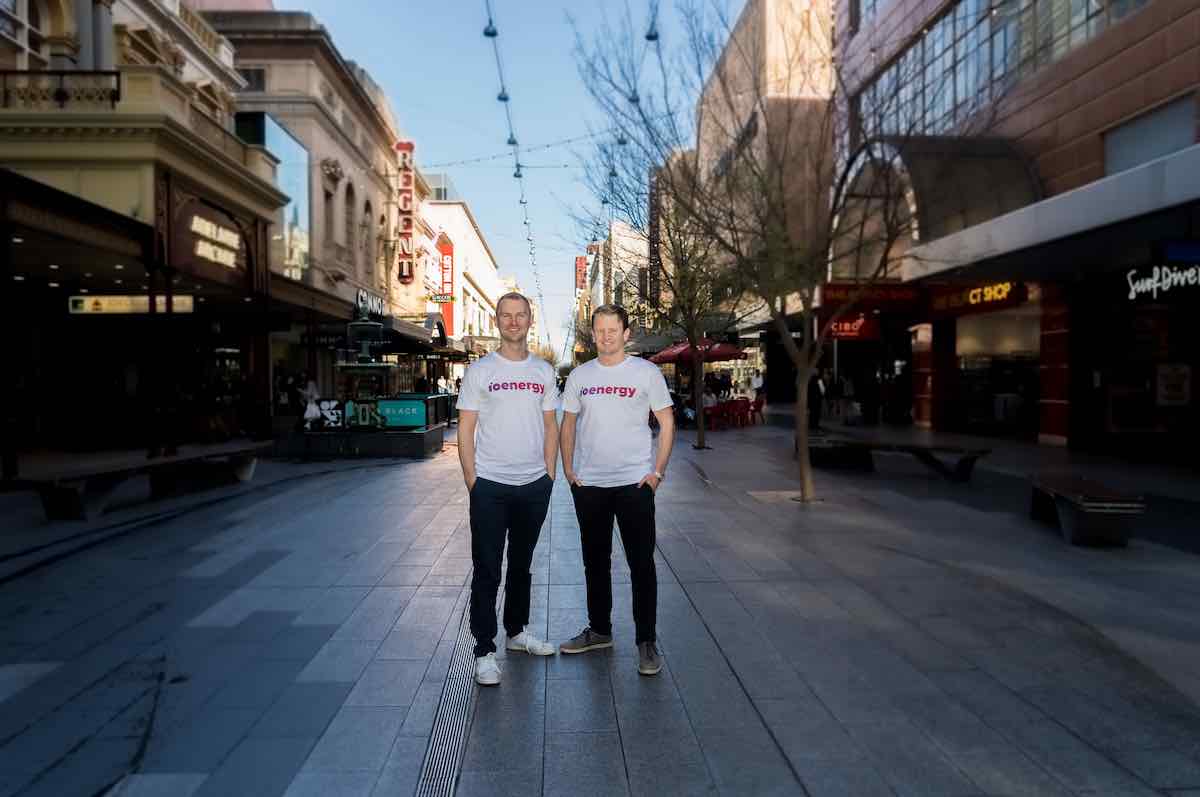
A time-of-use renewable energy retail offer has signed up hundreds of customers since its launch in South Australia last September, including Adelaide’s first 10-star energy rated home, and households with battery storage only and no solar.
iO Energy, which describes itself as an energy tech start-up, is working with retailer Energy Locals to give South Australian customers the opportunity to pay less for clean energy by becoming smarter consumers.
The business is one of a number to have emerged in the energy retail space over recent years in response to the rapidly changing market dynamics that are largely being driven by the huge uptake of residential rooftop solar.
In South Australia, in particular, this has led to some of the cheapest wholesale electricity prices in the country, with the state’s huge share of rooftop solar sending the average daytime wholesale price to below zero.
In April, the Australian Energy Market Operator revealed that the average price of wholesale power in South Australia between 10am and 3.30pm has been minus $12/MWh in the three months to March 31 – a first for Australia’s main grid.
On the less positive side, the massive amounts of cheap solar generation flooding the grid during the day have led to the fast-tracking of a solar switch-off mechanism in SA, for use by AEMO at times when extreme lows in minimum demand threaten to destabilise the grid.
That problem is being addressed, through the use of old and new “grid firming” technologies including synchronous condensers and battery storage.
But better matching the demand-side of the grid to the changing shape of an increasingly renewables-shaped generation profile will also be all important. And that is where companies like iO Energy come into play.
The company, which is headquartered at Adelaide innovation hub, Lot Fourteen, taps cheap wholesale market prices during the day to offer electricity for as little as 8c/kWh, according to the company’s co-founder and chief operations officer, Luke Morton.
“We have to make it apparent [to consumers on the retail level] that renewables are cheaper than other forms of energy,” Morton told One Step off the grid in an interview this week.
“And in a kind of indirect way, we are helping to mitigate those [rooftop solar oversupply] problems in the middle of the day. The more people that do this, the less firming power we’re going to need.”
The company’s offer of cheap daytime power – which Morton says has been taken up by “hundreds” of customers, so far – is particularly well suited to households or businesses “locked out” of rooftop solar, either for reasons of having an incompatible rooftop, or no rooftop at all.
Morton also believes the company is the first in Australia, and perhaps even in the world, to offer a viable way to run grid-power only home battery energy storage systems.
“In a sense, what we’re offering is solar without solar,” Morton said. “This means that you can take advantage of cheap renewable power even if you’re a renter or have a shaded rooftop.
“We even have customers who don’t have solar, but charge their home battery systems according to time-of-use pricing.”
Ultimately, the key concept behind iO Energy’s offering is to incentivise a change in consumer behaviour to capitalise of the infamous duck-shape of grids like South Australia’s, where solar is over-abundant and cheap during the day.
Morton says that the uptake of the company’s offer has so far shown that consumers are willing to make such changes, particularly when it becomes obvious that they can lead to significant savings on energy.
So much so, he adds, that iO Energy’s customer load profiles wind up looking “like Mount Kilimanjaro,” as they channel demand to the middle of the day.
The company uses a software platform and data analytics gathered from smart meters to understand customer load profiles and, in turn, help customers understand what their usage looks like and how they can improve it.
Using more daytime power won’t work for everyone, of course – households that are more or less empty during the day, come to mind as a poor fit. But battery storage could help remedy that problem – and a battery without solar makes the economics more attractive, too.
Regardless, making consumer load profiles – and also rooftop solar generation profiles – more in tune with the ups and downs of the broader energy market will become increasingly important, and thus will be increasingly incentivised by retailers using a variety of mechanisms.
iO Energy is getting ahead of the curve and hopes to expand its offering into the less and less coal dependent Victorian market, again in partnership with licensed retailer Energy Locals.
“We have hundreds of customers now and ultimately we want to become the supplier for sustainable homes and businesses in South Australia,” Morton said.
“We’re just taking advantage of the way that renewables are eating the world.”

Sophie is editor of One Step Off The Grid and editor of its sister site, Renew Economy. Sophie has been writing about clean energy for more than a decade.

